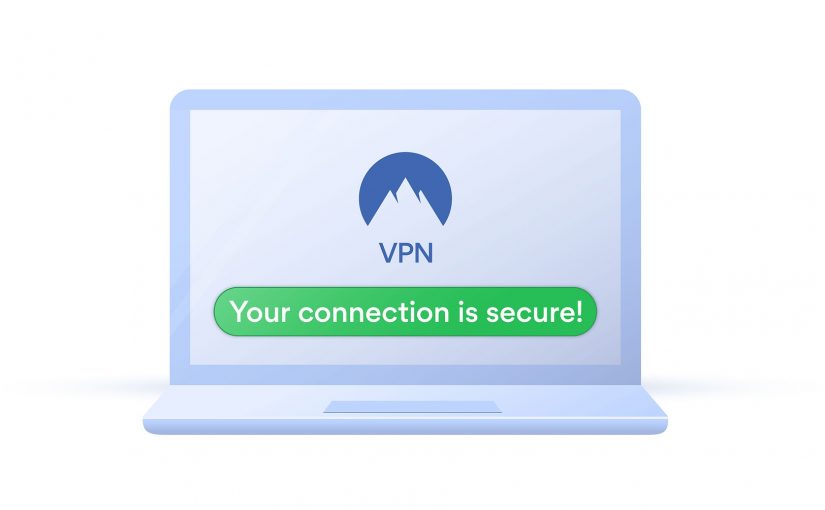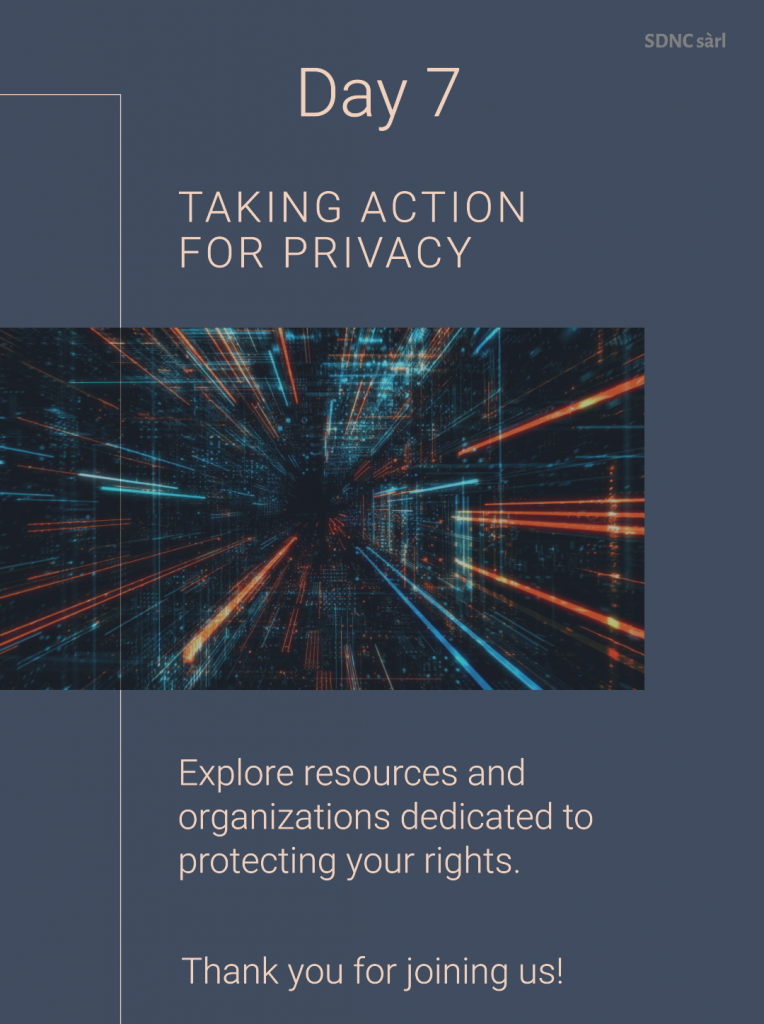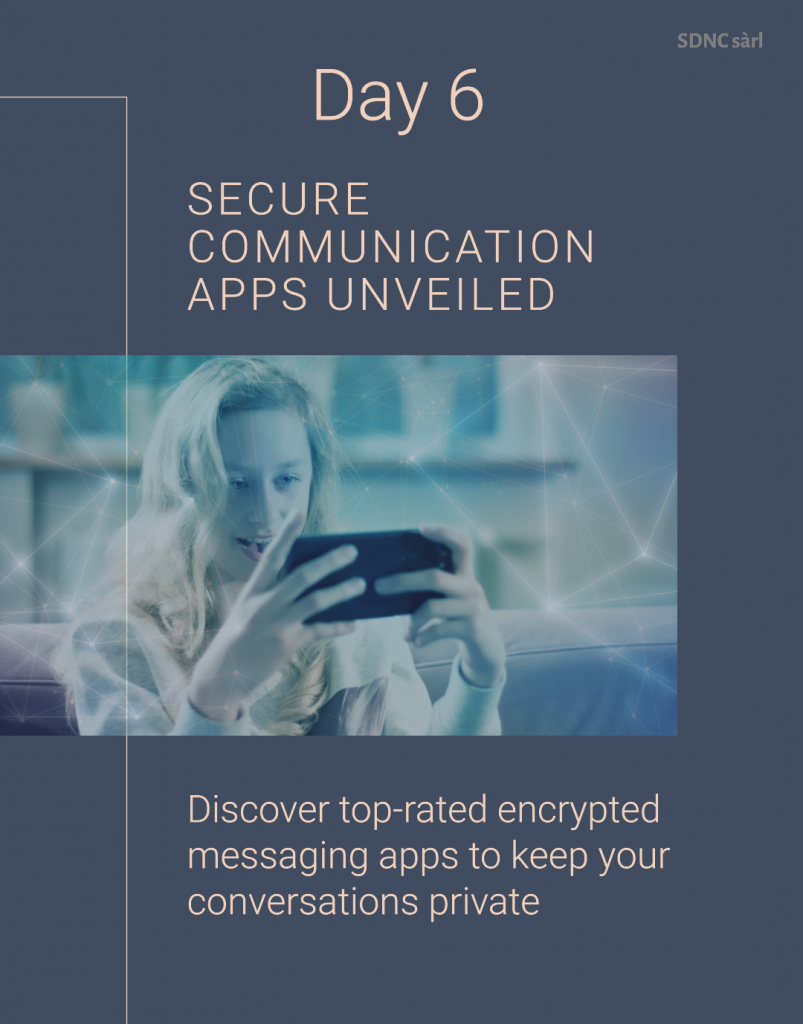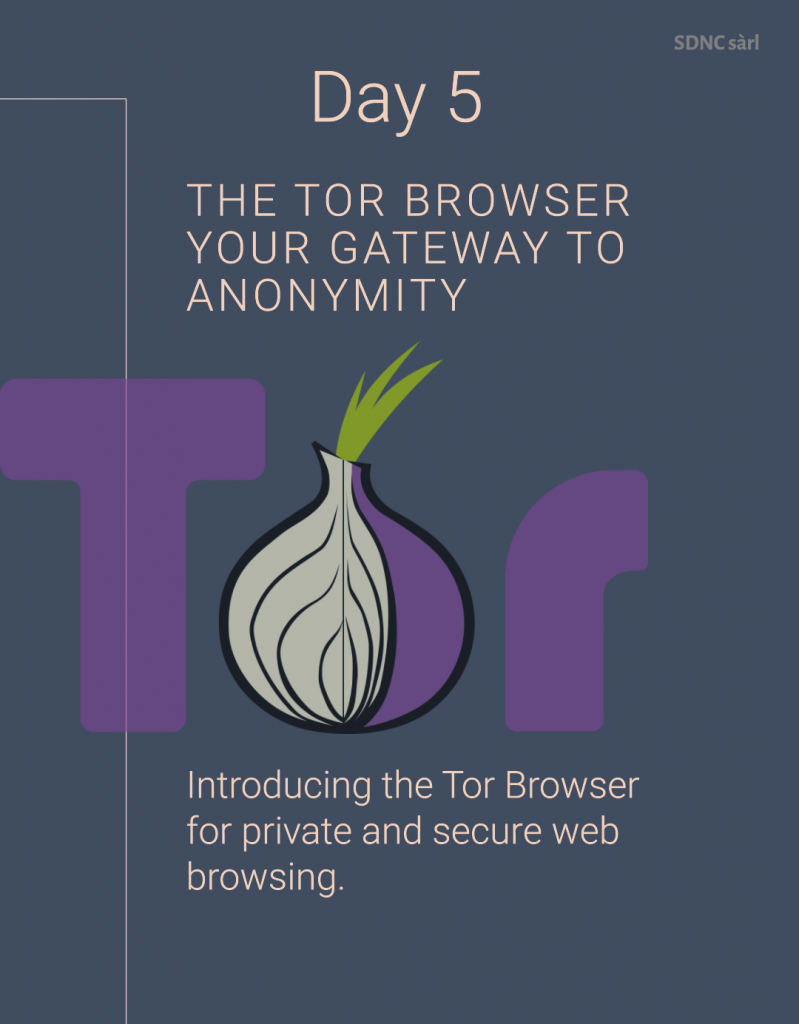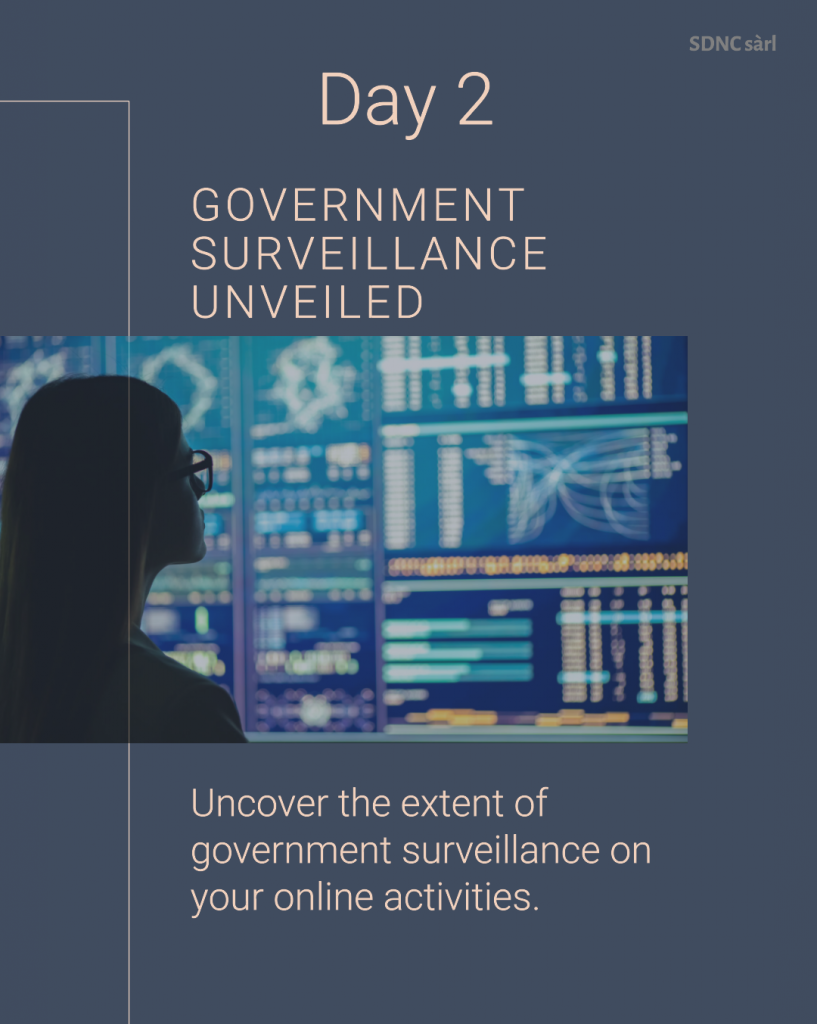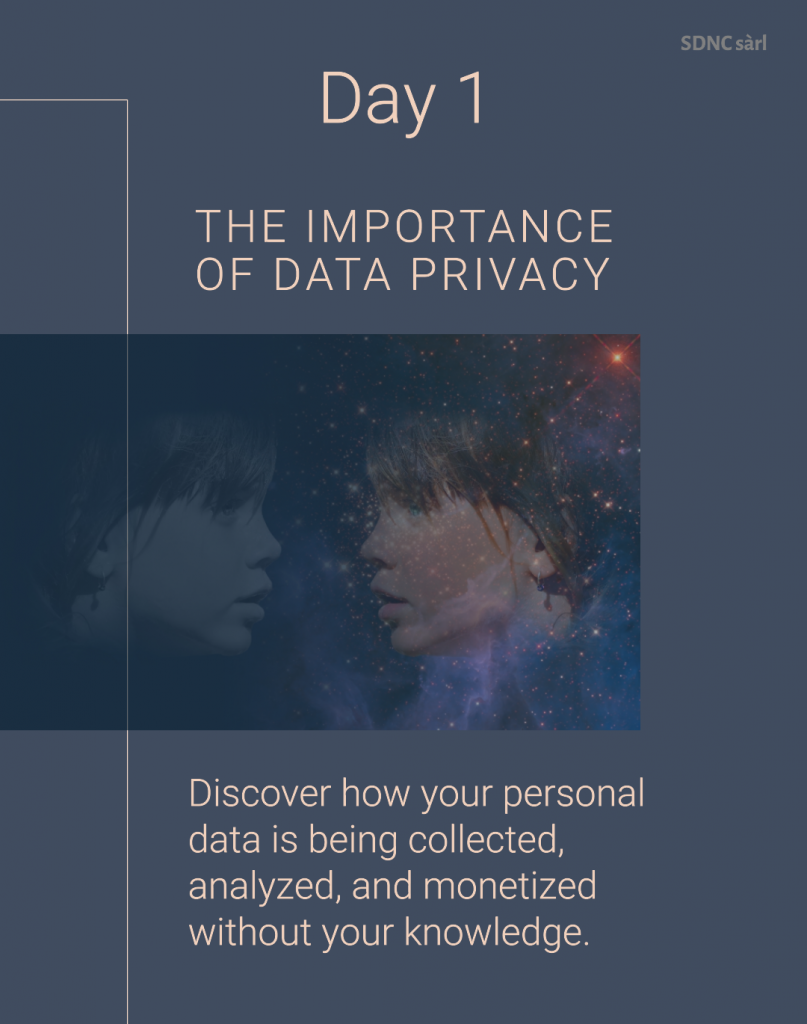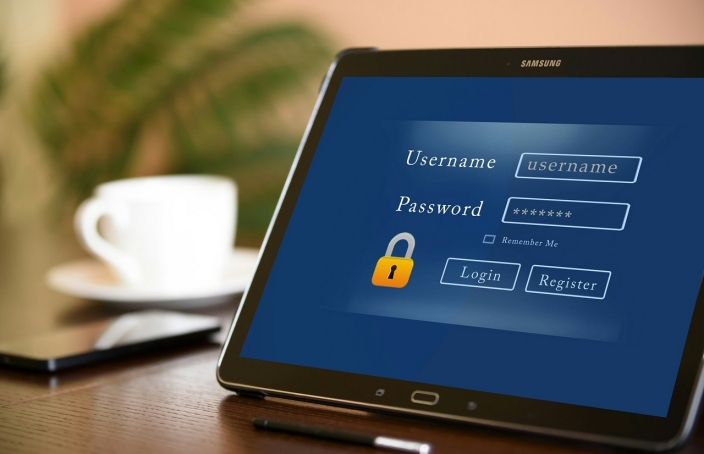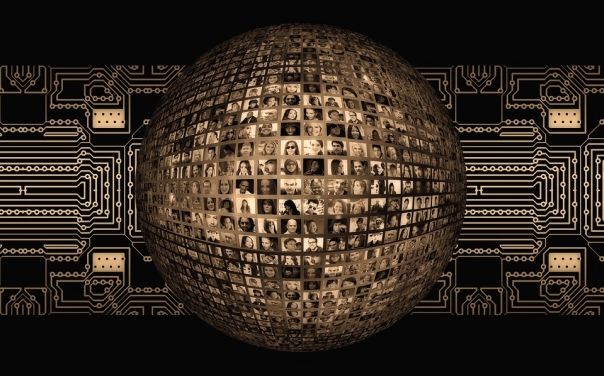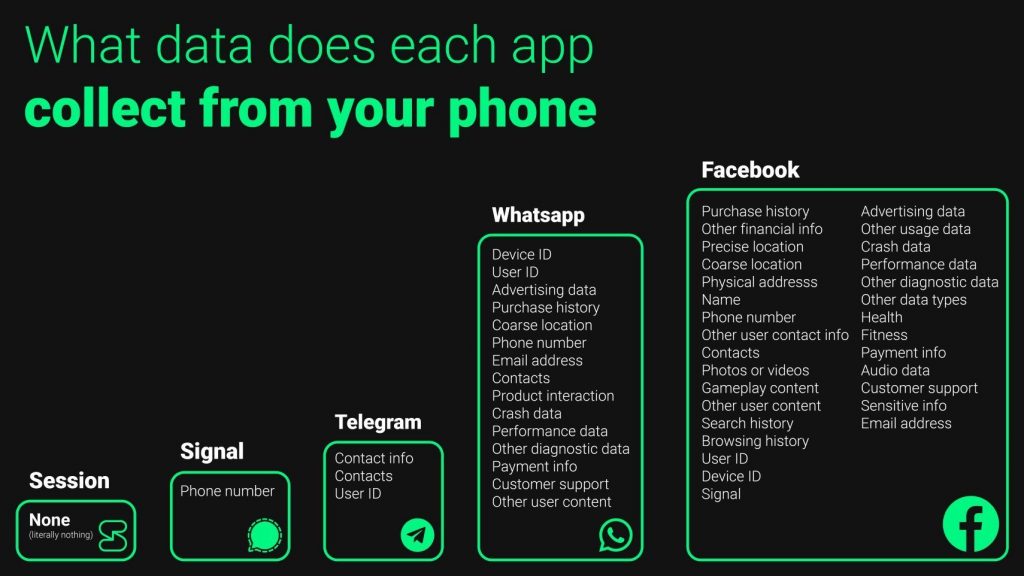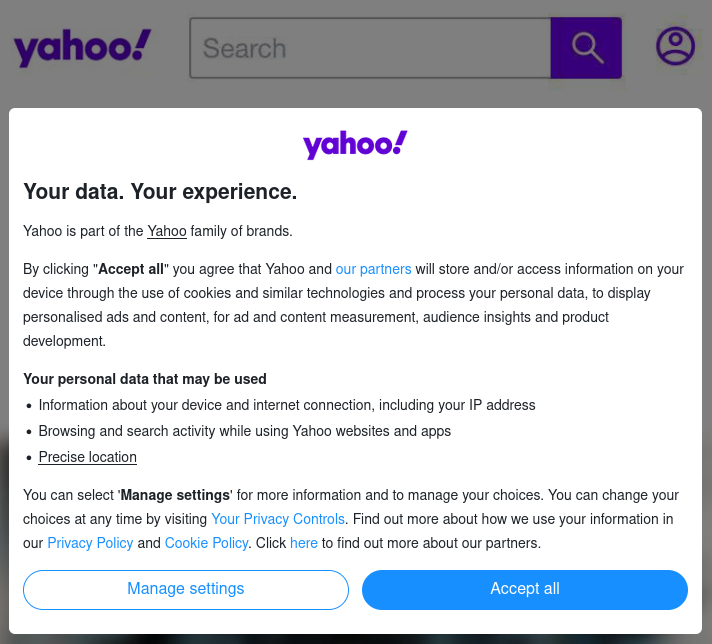Discover Top-Rated Encrypted Messaging Apps for Unparalleled Privacy
In a world where our digital communications are increasingly susceptible to surveillance and data breaches, it is crucial to explore secure communication apps that prioritize privacy and encryption. These apps offer end-to-end encryption, ensuring that your conversations remain private and inaccessible to unauthorized individuals. In this article, we will unveil some of the top-rated encrypted messaging apps that empower you to protect your sensitive conversations from prying eyes.
The Importance of Secure Communication Apps
(phone & video)
Secure communication apps, acting as telephone and video conference, play a vital role in safeguarding your privacy and protecting your personal information. Unlike traditional messaging platforms, these apps employ robust encryption algorithms that scramble your messages, making them unreadable to anyone except the intended recipients. By utilizing secure communication apps, you regain control over your conversations and minimize the risk of interception or unauthorized access to your private information. Above all you own your messages, these are not stored somewhere.
The Threat of Metadata and the Need for Strong Privacy Measures
Metadata, often referred to as “data about data”, are information generated during digital communications that reveal details such as the time, geolocation, participants, and duration of a conversation. Despite not containing the actual content of the communication, metadata can provide valuable insights into individuals’ behavior and relationships. As a former director of the NSA reportedly stated, “We kill based on metadata!”, highlighting the profound implications of this seemingly innocent information. To protect our lives and preserve our privacy, it becomes imperative to shield our metadata and adopt stringent privacy measures, including secure communication apps.
Top-Rated Encrypted Messaging Apps
Several encrypted messaging apps have gained recognition for their commitment to privacy and security. Signal (https://signal.org), renowned for its robust encryption protocol, has become a gold standard for secure messaging. With its open-source architecture, Signal ensures transparency and allows for peer review, making it a trustworthy choice for privacy-conscious individuals.
In addition to Signal, Session (https://getsession.org) is another highly recommended encrypted messaging app that prioritizes user privacy. Built on the Signal Protocol and over the Tor network, Session offers end-to-end encryption for text messages, file transfers, and voice and video calls (still under beta, not advisable to use these two features), ensuring that your conversations remain secure and private. Session also operates on a decentralized network, meaning that your metadata is not stored or controlled by a central authority, providing an additional layer of privacy protection.
Wickr, Threema, and Telegram are also highly regarded for their security-focused features and commitment to user privacy. Still, not as good as Signal and Session (see picture about data collection: https://twitter.com/session_app/status/1683371716280733697/photo/1).
On this website, you have more details about more messaging apps:
https://www.securemessagingapps.com
It’s important to note that while these apps provide enhanced security features, no app is completely immune to vulnerabilities or targeted attacks. It is always recommended to stay updated on the latest security practices and exercise caution when sharing sensitive information, even on encrypted messaging platforms.
Conclusion of These Past 6 Days
In today’s digital landscape, protecting our privacy and security is more important than ever. Through the exploration of various topics over the past few days, we have uncovered the hidden world of data exploitation, heavy government surveillance, corporate data collection, the power of the Tor Browser, and secure communication apps. These discussions have highlighted the risks we face and the tools available to safeguard our online identity.
We have learned that our data is being collected, analyzed, and monetized without our knowledge, posing significant risks to our privacy and security. The heavy government surveillance raises concerns about privacy, civil liberties, and the potential for abuse of power. Corporations have built intricate systems to capture and exploit our personal information, while the Tor Browser and encrypted messaging apps offer us the means to protect our online activities and conversations.
However, it is important to recognize that no security measure is foolproof, and we must remain vigilant. While encrypted messaging apps provide enhanced security features, no app is completely immune to vulnerabilities or targeted attacks. It is always recommended to stay updated on the latest security practices and exercise caution when sharing sensitive information, even on encrypted messaging platforms.
Taking action for privacy is a continuous process. By implementing the practical steps discussed throughout this series, such as strengthening passwords, adjusting privacy settings, utilizing encryption technologies, and staying informed about the latest security practices, we can significantly enhance our online privacy and protect our personal information from unauthorized access.
Remember, protecting our privacy is not just an individual responsibility but also a collective effort. It is through raising awareness, advocating for stronger data protection laws, and promoting privacy-conscious practices that we can create a safer and more secure digital world.
As the quote goes:
“I don’t have anything to hide!”
But the truth is, everyone has something to hide.
Just as we would not let anyone enter our homes, why should we allow anyone to enter our private digital lives?
By implementing the recommended privacy practices, staying informed about emerging threats, and utilizing secure tools and technologies, we can reclaim control over our online identities and enjoy a safer and more secure digital world.
Thank you for joining us on this journey to explore the importance of data privacy and ways to safeguard our online identities. As we move forward, let us continue to prioritize our privacy and take the necessary steps to protect ourselves in the ever-evolving digital landscape.
The last topic for Tomorrow, Day 7: “Taking Action for Privacy.”
Copyright © 2023 SDNC sàrl.
All rights reserved. The contents of this website/document, and that of TikTok or any social media platform, including but not limited to text, images, graphics, and other materials, are protected by copyright and other intellectual property laws. You may not reproduce, distribute, modify, or use any part of this website/document without the express written permission of SDNC sàrl.
For permissions or inquiries, please contact:
info [at] digitaltran [dot] eu
